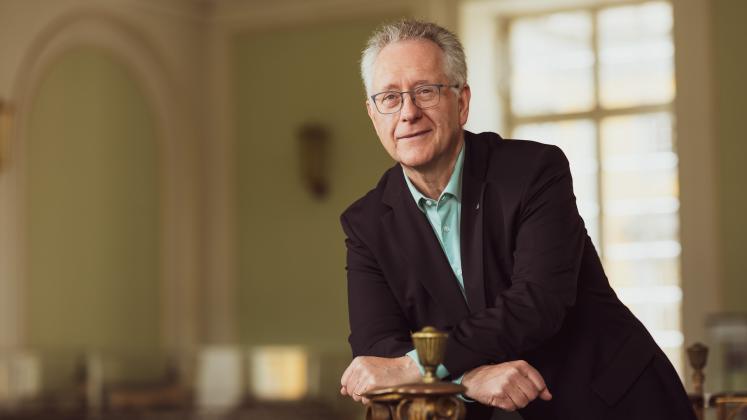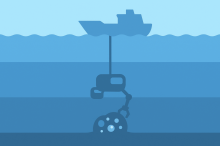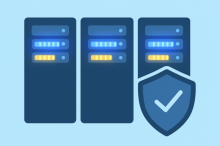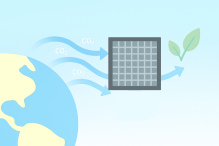On 9 October 2024, UNU will host “International Academic Cooperation in a Geopolitically Changing World” a conversation with Michael Hoch, the Rector of the University of Bonn. This event will start at 18:30 in the 2F Reception Hall at UNU Headquarters in Tokyo.
Scientific endeavour remains key to humanity’s approach to the challenges it confronts. Faced by multiple crises and increasing polarisation, the need for collaboration and collective action is unmistakable. In the realm of knowledge production and sharing, we need more than ever to work together towards creating a world for the good and dignity of all. Universities and research institutions have a critical role in achieving this goal as centres of knowledge production and education for future generations.
Michael Hoch will join UNU Chief of Staff Michael Baldock for a discussion on the place of academic collaboration in an increasingly fragmented world. What are the foundations and conditions for academic exchange when research security and scientific integrity are at risk? How is the exchange of knowledge between countries changing in a digitalized world in which artificial intelligence is transforming science itself? How can science and academic research adapt to meet the needs of our current times, reduce inequalities in knowledge production, and contribute to a better world?
The UNU Conversation Series aims to foster audience participation; you are encouraged to engage with the speakers during the conversation and at the reception that will follow, where all event attendees are invited to enjoy hors d’oeuvres and drinks while exchanging ideas and making new contacts.
Please note that this event will be in English. Advance registration (by 8 October at 15:00) is required. Please click on the REGISTER button above to access the online registration page.
About the Speaker
Prof. Dr. Dr. h.c. Michael Hoch has been in his second term of office as the 143rd Rector of the University of Bonn since May 2015. In January 2024 he was elected unanimously for a third term of office (2025-2029).
Michael Hoch has been Chair of the “German U15”, an association of fifteen leading universities with a strong research tradition, since September 2023. Since June 2023 he has been President of the “Studienstiftung - German Academic Scholarship Foundation”.
After studying biology in Heidelberg and Paris and completing his habilitation in Braunschweig, he was appointed Professor for Molecular Developmental Biology at the University of Bonn in 1999.
From 2001-2015 onward, he served as spokesperson and member of numerous joint initiatives launched by the German Research Foundation (DFG), including ImmunoSensation Cluster of Excellence.
Under his leadership as Rector, the University of Bonn successfully secured six Clusters of Excellence in 2018 as part of the Excellence Strategy and was named a “University of Excellence” in 2019.
Located in Bonn, Germany's United Nations City, the University of Bonn maintains close cooperation with the UN, in particular with the United Nations University (UNU) and its Vice Rectorate Europe (UNU-VIE). One example is the joint Master's programme Geography of Environmental Risks and Human Security of the Institute of Geography and the Institute for Environment and Human Security of the UNU.
Michael Hoch has received several awards, including “University Head of the Year 2019” (CHE and Die Zeit) and “Rector of the Year” for 2020, 2021 and 2023 (DHV-German Association of University Professors and Lecturers).
In April 2024, the Japanese government officially announced its intention to honor Rector Hoch with the “Order of the Rising Sun, Gold and Silver Rays” of the country’s Imperial House. Professor Hoch is thus being recognized for his contribution to academic exchange and mutual understanding between Japan and Germany.






